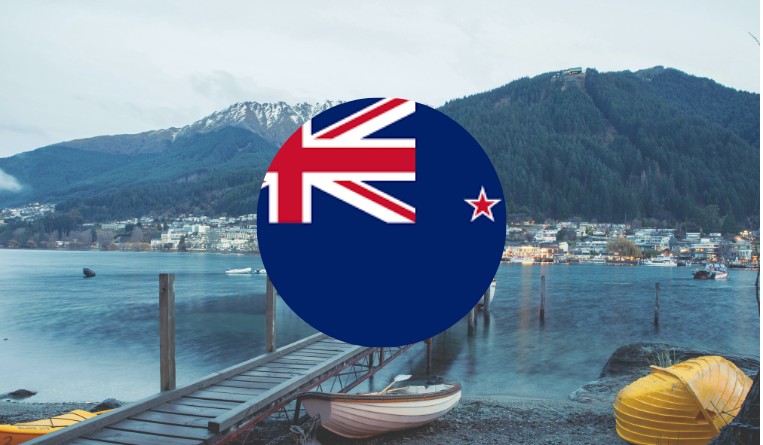NZ firm trade secret theft allegation against client reflects classic tension in IP law
23 November 2024

In September 2024, New Zealand-based advanced probiotics manufacturer Blis Technologies reported one of its clients stole its trade secrets and filed a patent application.
The client is a probiotics manufacturer based in Europe. Blis and this client entered into a non-disclosure agreement (NDA) that revealed Blis’s trade secrets.
The New Zealand firm also discovered that its client had filed a patent application of its own for two of its fermentation processes in the U.S., China and Europe. Named as inventors were two employees of the latter. Even the wording of the patent application is similar in some portions to the information disclosed by Bliss in the NDA. The agreement was inked by the two parties precisely for the fermentation of the Blis strains.

Gus Hazel | Partner @ James and Wells, Auckland and Brisbane
“In some ways, this matter appears to raise one of the classic tensions in intellectual property law – the relationship between the protection of confidential information or trade secrets and the patent system,” revealed Gus Hazel, partner at James and Wells in Auckland and Brisbane, emphasizing that his comments are limited to publicly available information.
Comparing the two, he said that by its very nature, confidential information must be kept secret to retain its value. Meanwhile, the patent system is designed to make information enter the public domain to make information freely available.
“Consequently, the possessor of valuable confidential information that may also qualify for patent protection must make a decision on whether to seek a patent and lose secrecy, or seek to keep the information confidential and risk loss of secrecy or independent development by a competitor,” Hazel said. But, in some cases, secrecy is not an option as the commercial product or service may disclose the confidential information itself.
Those who opt for secrecy rather than a patent face another dilemma: how to partner with other parties. Hazel explained: “A patent is a relatively simple thing to license; confidential information poses more challenges – legal and practical. In some jurisdictions, confidential information or trade secrets are not ‘property.’ This is not just a dry academic legal debate – it has real-world consequences. The duty of confidence is a right in personam rather than a right in rem. This means the duties attach to people rather than property per se. This makes licensing more challenging as it is not so much the thing that is being licensed. It is a matter of establishing a relationship of confidence via the relevant documentation.”
Choosing confidentiality over patent also limits action to actual misuse of confidential information and other situations involving breach of confidence.
Blis Technologies appears to have shunned the patent system and opted for secrecy. It has also entered into a partnership with the client from Europe via trade secret licensing.
According to Hazel, Blis’s suspicion is understandable and there may be legitimate explanations. Could the client have developed the subject matter of the patent application independently? Could it have been working on it prior to its partnership with Blis?
“Key from this point will be uncovering facts regarding the development of the subject matter of the patent application. Was there use of Blis’s confidential information has there been personnel in common for whom quarantining Blis’s confidential information from their own is either unconvincing or unrealistic?” Hazel said. Blis will presumably pursue these questions and check its documentation carefully, he added.
“Whatever emerges from this matter in the coming months, it is a timely reminder for all of us to take the protection of trade secrets seriously and to review arrangements in connection with such information carefully from a legal and practical perspective,” Hazel reminded.
- Espie Angelica A. de Leon






